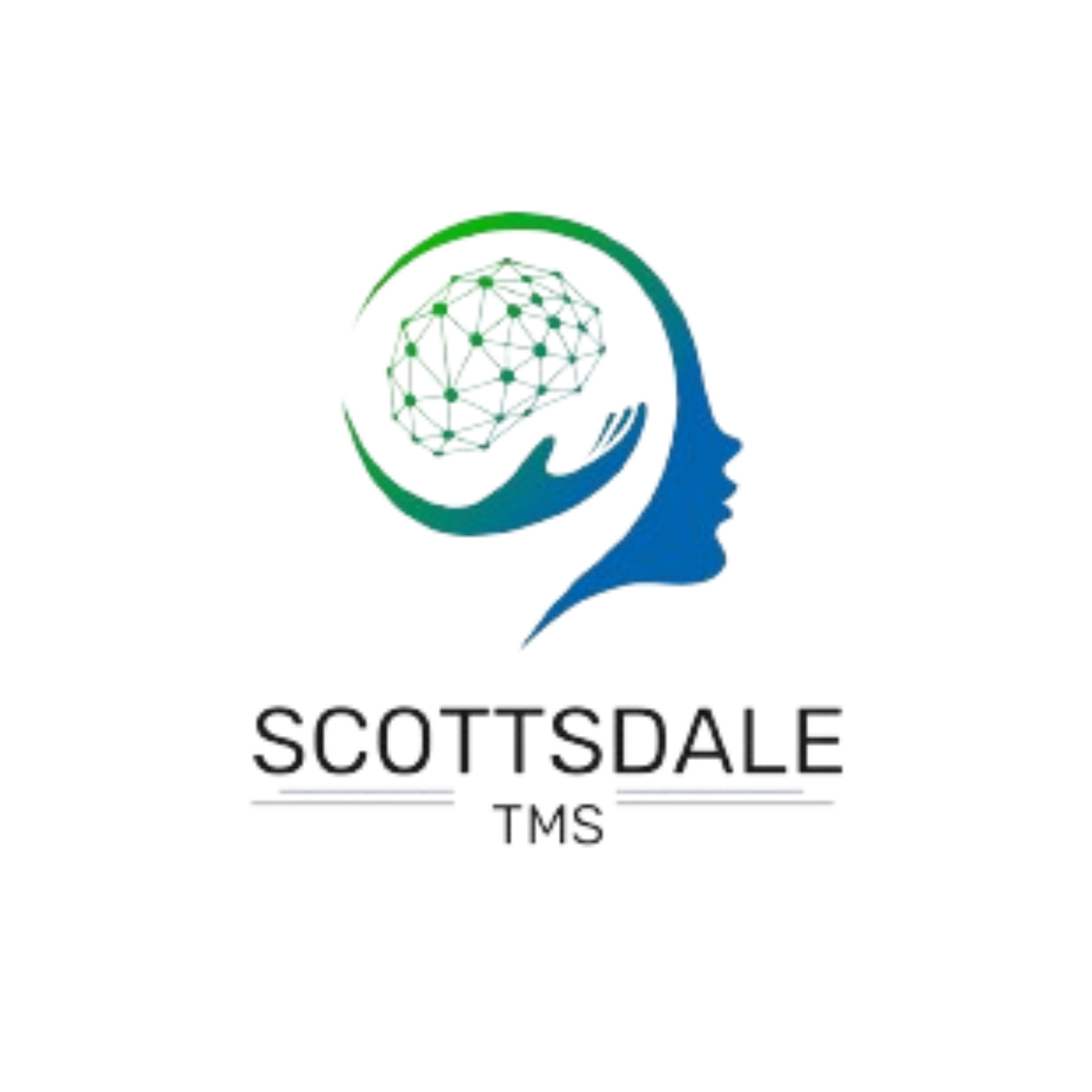Transcranial Magnetic Stimulation (TMS) therapy is an FDA-approved, non-invasive treatment primarily used for major depression and other mental health conditions.
If you’re considering TMS, you might be wondering: “How often do I need TMS treatment sessions?”
This guide breaks down everything you need to know about TMS therapy frequency, and how to optimize your TMS therapy schedule for the best results.
Our Alcohol Addiction Treatment Programs

Scottsdale Rehab
Luxury Personalized Rehab

Hart Rehab
Holistic Luxury Personalized Rehab

Scottsdale Detox
Luxury Medical Detox
What is TMS Therapy?
TMS therapy uses targeted magnetic pulses to stimulate nerve cells in the brain. It’s especially beneficial for individuals with treatment-resistant depression who haven’t found relief with traditional medications or therapy.
How TMS Works on the Brain
TMS targets the prefrontal cortex, the part of the brain responsible for mood regulation. By stimulating this area with gentle magnetic pulses, TMS can help improve symptoms of depression over time.
What Should You Expect from TMS Session Frequency?
Standard TMS Treatment Schedule
A typical TMS therapy plan includes:
- Frequency: 5 sessions per week
- Total Sessions: 20–30 treatments
Session Duration: 20–40 minutes - Overall Treatment Length: 4–6 weeks
This structured schedule ensures consistent brain stimulation, leading to lasting improvements in mood and mental health.
How Many TMS Sessions Are Typically Required?
Factors That Influence TMS Session Frequency
Personalized Treatment Plans
Everyone’s brain responds differently to TMS. Your provider will tailor your treatment plan based on your symptoms, progress, and overall health.
High Frequency vs. Low Frequency TMS
- High-frequency TMS (10–20 Hz): Best for major depression
- Low-frequency TMS (1 Hz): Often used for anxiety and PTSD
The Latest Research on TMS Schedules
Ongoing studies continue to refine TMS therapy schedules to maximize effectiveness. Some accelerated treatment options may provide faster relief.
Alternative TMS Therapy Schedules
Twice Daily Sessions
Some clinical studies suggest that two sessions per day can accelerate symptom relief without added side effects.
Accelerated TMS Therapy
Research indicates that five sessions per day for two weeks may work as effectively as the standard six-week protocol for some patients.
Maintenance TMS Sessions
After completing the initial treatment, some individuals benefit from maintenance sessions every week, biweekly, or monthly, depending on their needs.
How TMS Sessions Affect Long-Term Brain Stimulation
Regular TMS sessions help sustain improvements by rewiring neural pathways for better mood regulation and mental health stability.
Optimizing Your TMS Plan
Your provider will adjust your TMS schedule based on your progress to ensure you get the best possible results.
Need to Adjust Your TMS Schedule?
If work or personal commitments make it difficult to follow a traditional TMS schedule, talk to your provider about alternative options to maintain treatment effectiveness.
Additional Benefits of TMS Therapy
TMS vs. Medication
Unlike antidepressants, TMS does not involve medication, meaning:
- No systemic side effects (weight gain, drowsiness, or sexual dysfunction).
- No dependency or withdrawal symptoms.
- More sustainable long-term results.
TMS for Anxiety, PTSD, and OCD
While primarily used for depression, TMS has also shown promising results for:
Anxiety disorders – Helps regulate overactive brain regions responsible for anxiety.
- PTSD – Can reduce hyperactivity in trauma-related brain circuits.
- OCD – Targets areas of the brain involved in compulsive behavior.
Who Is a Good Candidate for TMS?
TMS is ideal for individuals who:
- Have not responded to traditional antidepressants.
- Experience treatment-resistant depression.
- Want a non-invasive, medication-free option.
- Do not have metal implants or a history of seizures.
What to Expect During Treatment
TMS is a comfortable, outpatient procedure where you can relax while receiving treatment. There’s no downtime, and you can return to daily activities immediately after your session.
TMS Therapy Near Me
Understanding the frequency of TMS sessions is key to achieving the best treatment outcomes. While most patients follow a standard schedule, alternative options are available based on individual needs.
If you’re looking for expert TMS treatment, Scottsdale TMS Therapy offers personalized treatment plans designed to fit your lifestyle and maximize your results.

